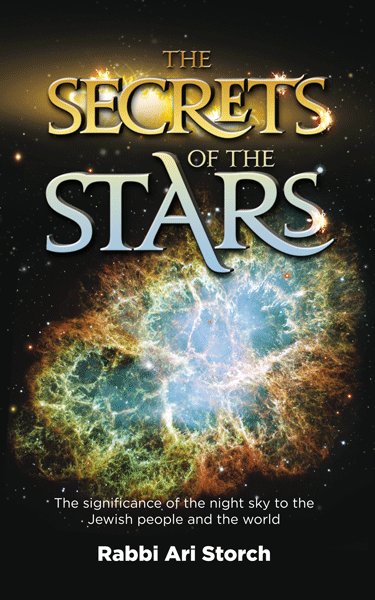The names of the Hebrew months that we currently use are not biblical or even Hebrew! In fact, the Yerushalmi (Rosh Hashana 1:2) states that these were the secular names used by the Babylonians and we took them with us when we returned to Eretz Yisrael after this first exile. Many years ago archaeologists uncovered an ancient stone in the ancient city of Nineveh that confirmed this fact.
The question that arises is that if these are secular names, why is it that we find sources that "darshan" them. For example, a Midrash teaches that the month beginning this evening, Iyar, is called אייר from the root אור meaning light. It was in this month, contends the Midrash, that Bnai Yisrael received the manna with "shining countenance" and it was also then that Hashem shined his glory for them with the clouds of glory that escorted them in the Wilderness. (see Torah Sheleimah Miluim Parshas Bo pp. 177-178) It seems odd that the ancient Babylonians would care to call their months by names that exalt the Jewish nation.
Some, like the Bnai Yisaschar (Nisan Maamar 1), contend that Aramaic is a holy tongue and we know that the Torah was given in "Targum" in addition to its Hebrew version. Ancient Targum, literally translation, is in Aramaic. As such, these names are inherently part of the language and reflect the true nature of the word (in this case month). Interestingly, the people who use it, presumably, do not know the true origin of their native tongue. While not an outright question on this approach, it seems odd that some of these names are also names of Babylonian gods. In fact, the Midrash mentions that Tammuz is referred to as Tammuz because that is the name of a pagan god (this has been confirmed historically with a Babylonian god) and the Jews practiced idolatry in this month when they made the Golden Calf. It seems peculiar that the name of a pagan god should have been the inherent nature and name of a month.
Others have suggested that when the rabbinic authorities allowed this element of secular culture to permeate into Jewish culture (see Ramban Shemos 12:2 who contends that not only did they allow it, but they advocated its practice), they gave it a Jewish spin to make it distinctly Jewish. (see Torah Sheleimah cited above)
Regardless of what the origins of these names of the months are, it is clear that all agree that they did not start off being Jewish. How fascinating it is to note that here we have our culture that took a part of another culture and thousands of years later the originators are gone and the only ones preserving the Babylonian tradition are the Jews!!! Hashem's countenance shone upon us in Iyar that protected and sustained us throughout the harshness of our exile in the Wilderness and, apparently has never ceased. It has protected us throughout the rest of our exiles. Those who have persecuted us have fallen to the wayside and ironically the only remnant left is through their oppressed nation that has far outlasted them!!!


No comments:
Post a Comment